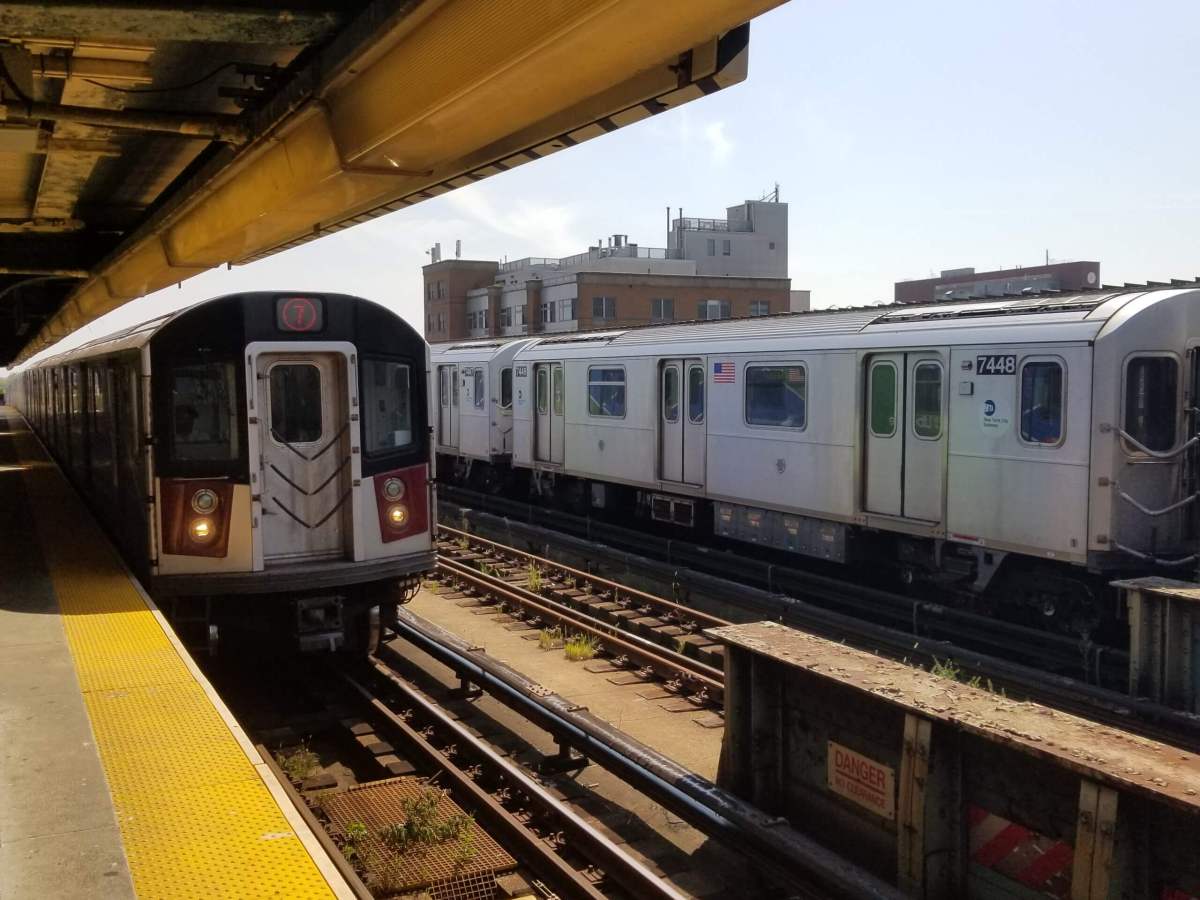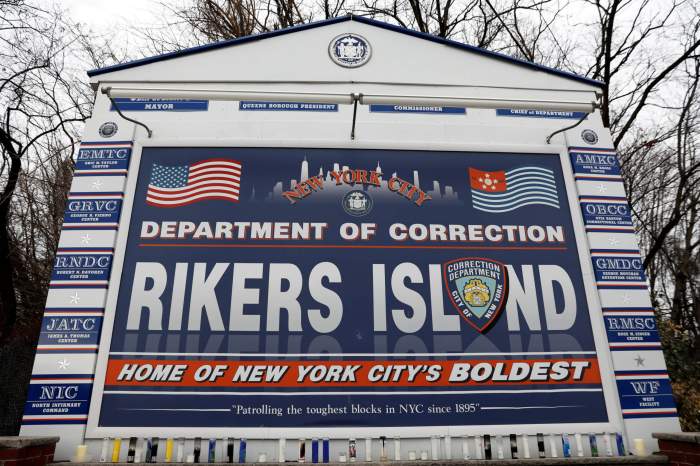By Christian Radnedge
LONDON (Reuters) – The Super Bowl was seen as a novelty event when it was first broadcast live in Britain 35 years ago but since the inaugural NFL International Series game in 2007, fans have flocked to Wembley and Twickenham to watch regular season games.
British NFL supporters have continued to show a thirst for gridiron at the homes of the sport’s elder cousins in soccer and rugby, with Wembley witnessing a record 84,592 crowd to watch the Jacksonville Jaguars beat the Baltimore Ravens in September.
With four regular season NFL games in Britain from 2019, though, Sunday’s championship showdown between the New England Patriots and the Philadelphia Eagles in Minneapolis could herald a landmark year for the sport on the other side of the Atlantic.
This year is particularly significant for NFL UK, as the Oakland Raiders will take on the Seattle Seahawks at the new 62,000 capacity stadium for London soccer club Tottenham Hotspur on Oct. 14.
Not just a new venue, the stadium will mark the first time teams will play on a custom-built NFL field in London, which will be engineered to move up from beneath the soccer pitch.
Yet despite this exciting development, questions remain over whether the NFL can forge its own path in Britain’s crowded sports market and fulfill the organization’s aim of becoming “everybody’s second favorite sport”.
“I think this Sunday has more significance for us in this country than past Super Bowls because the New England Patriots are the most supported team in the UK, playing the Philadelphia Eagles, who have never won a Super Bowl but have a British-born running back (Jay Ajayi) playing,” NFL UK managing director Alistair Kirkwood told Reuters in London.
“We have an aspiration to be everybody’s second favorite sport and the stats back up that we’re starting to make substantial inroads.
“We average through the regular season more than a million viewers a week and that grows over the season, and through the post-season becomes substantially bigger.
“So I think we’re quite a long way away from when we were seen as being an imported sport and something that happened thousands of miles away and maybe a bit of a novelty.”
The notion of a London franchise has long been mooted, especially since the collapse of NFL Europe in 2007, but Kirkwood’s point about the Patriots means even a British-based team would not necessarily convert the most ardent of fans.
When asked by Reuters if she would follow a potential franchise closer to home, UK Patriots fan club member Rebecca Downey said: “Nope. I could never love another franchise, even one close to home as much as I love the Patriots.”
Many others Pats fans said their dedication to the five-times Super Bowl winners would trump any UK-based team — and added that they predicted a classic topsy-turvy encounter on Sunday, but with New England triumphing once more.
RECORD VIEWERS
With the game being played overnight in Britain, it allows a unique window for the sport to have no competition for viewers. Dozens of bars and restaurants in London have extended their opening hours significantly to host Super Bowl parties.
Kirkwood noted that the Super Bowl would be shown across four channels, three on satellite broadcaster Sky and the other on the terrestrial BBC.
He added that ratings for Sky’s coverage of NFL in particular had seen a 40 percent increase year-on-year in the latest figures.
“Last year, we had about three and a half million people stay up and watch what was an unbelievable climax,” Kirkwood said, referring to the record number of viewers who saw the Patriots’ 34-28 overtime win over the Atlanta Falcons.
“We’ll be lucky if we get half as good a game as last year.”
But the hard work will not end after Sunday’s clash, with UK-based Eagles fan club organizer Anthony Bullick believing that good communication is key to challenging the dominance of other team sports.
“The toughest hurdle for the sport to challenge the likes of cricket and rugby in the UK is the perception that ‘there’s too many breaks in play’,” Bullick told Reuters before boarding a flight to Minneapolis, where he was predicting an Eagles win.
“When you speak to fans who started following the sport in the last few years, most say as soon as they understood the rules, they didn’t really notice the breaks as they were discussing play calls and other in-game analysis.”
BRITISH FRANCHISE
Even with more than 100 universities having their own American Football teams, a national league to rival the NFL remains a long way off, hence a British franchise is seen as the most likely next step from hosting matches.
Although not entirely NFL UK’s control, Kirkwood concedes that a team could come to fruition within the next 10 years.
“We’ve got to a stage where that kind of concept becomes more compelling and much more doable,” he said.
“Whether it happens in a particular timeframe I don’t know.
“But then if you and I had spoken 10 years ago, I wouldn’t have necessarily predicted that we would have had 29 out of 32 teams playing in London, and us playing at the new Spurs stadium and having played more than 21 games at Wembley.
“So I’m not probably great at predicting what the future will look like, but I’m saying the future for our sport looks particularly rosy.”
(Reporting by Christian Radnedge; Editing by John O’Brien)



















